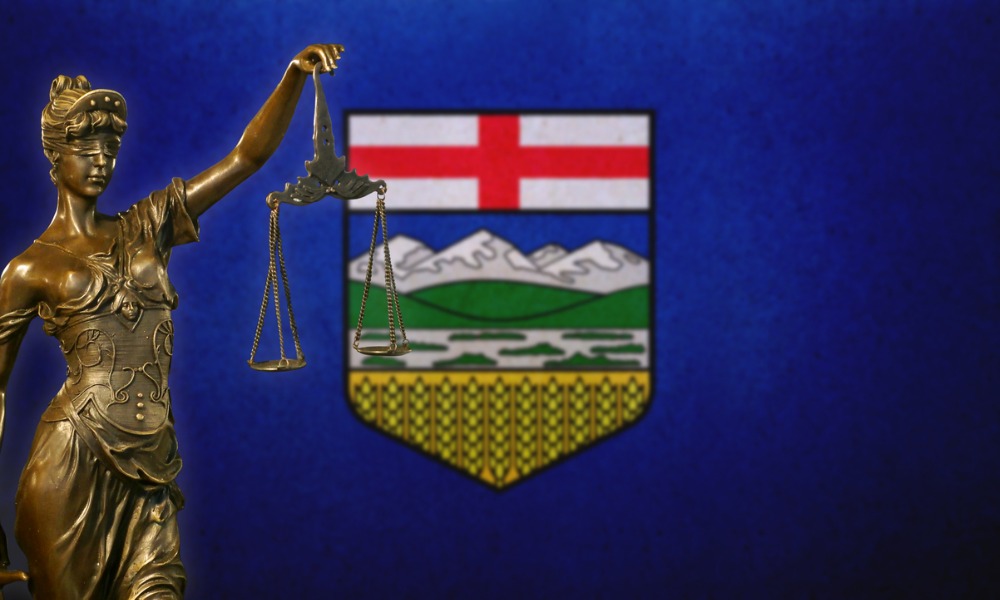
Case hinges on when the insured detected release of pollutants leading to losses

The Alberta Court of Appeal recently allowed an appeal of a lower court ruling that granted a Calgary-based petroleum company $9.74 million in insurance coverage for losses incurred due to a pipeline leak.
Paramount Resources Ltd. had insurance policies issued by Chubb Insurance Company of Canada, Lloyd’s Underwriters, and Royal & Sun Alliance Insurance Company of Canada.
Paramount, a partner in a gas plant operation with ConocoPhillips (BRC) Partnership, faced significant remediation costs due to a leak in a low vapour pressure pipeline. Evidence suggested that the release of pollutants began around Apr. 21, 2016.
Upon the denial of its insurance claim, Paramount took the case to court. The issue was whether the leak was “detected by any person” within 720 hours or 30 days since it began, which was a condition for coverage under the policies.
The summary trial judge granted summary judgment in Paramount’s favour. Interpreting the term “detected” under the insurance policies, the judge decided that Conoco personnel “detected” the leak by Apr. 30, 2016 based on data anomalies.
At that point, personnel had sufficient credible information that would have led a reasonably prudent person to believe that a leak had occurred even though the actual visual confirmation only occurred on June 9, 2016, the judge explained.
The insurers appealed the decision and argued that the judge misinterpreted the term “detected” by allowing the surrounding regulatory context and industry standards to overly influence the interpretation of the policy.
In Paramount Resources Ltd v Chubb Insurance Company of Canada, 2024 ABCA 266, the Alberta Court of Appeal allowed the appeal, overturned the summary judgment in Paramount’s favour, and found the insurance companies justified in denying the insurance claim.
The appeal court concluded that the insurance policies did not cover Paramount’s losses because personnel only “detected” the leak on June 9, 2016, which was beyond the 720-hour window required for coverage.
The appeal court stressed that the phrase “detected by any person” should be interpreted according to its plain and ordinary meaning. In this case, the policy required actual detection within 720 hours, which did not occur until June 9, 2016, the appeal court said.
The appeal court agreed that the summary trial judge should not have relied so heavily on regulatory standards and industry practices that the insurance policy did not explicitly incorporate.
The appeal court noted that the judge’s interpretation would lead to commercially unreasonable outcomes. Specifically, it would require third-party adjudication to determine when a person of “ordinary prudence” would have reasonable grounds to believe a leak occurred, the appeal court explained.
The appeal court held that the judge’s interpretation exposed the insurers to risks that they did not agree to cover. The insurers intended the 720-hour detection requirement to limit the exposure, and extending this period based on an objective standard undermined this purpose, the appeal court said.